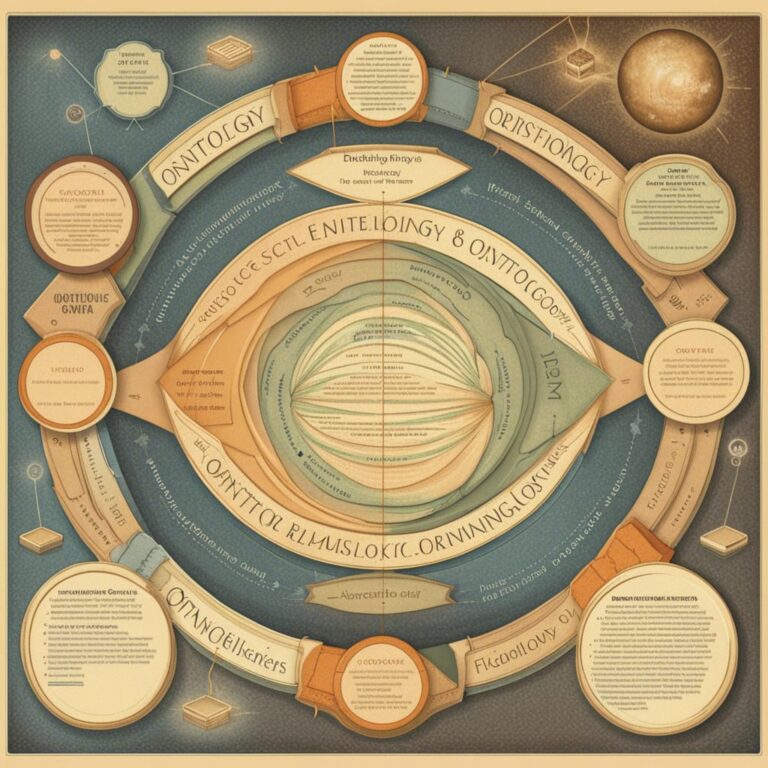
Patriotism and nationalism are two concepts that evoke strong emotions and have played significant roles in shaping the course of history. While they both revolve around love and devotion to one’s country, they differ in their approaches and implications.
In this thought-provoking blog post, we will explore the nuances of patriotism and nationalism, weigh their merits and pitfalls, and ultimately determine which approach is better for fostering a harmonious and progressive society.
Introduction
Patriotism and nationalism are often used interchangeably, but they actually have different meanings. Patriotism is love and loyalty to one’s country. Nationalism, on the other hand, is a sense of pride in one’s country and a desire for it to be independent and powerful. Patriotism is generally seen as a positive force, while nationalism can be seen as either positive or negative.
Understanding Patriotism
Patriotism is a deep-rooted sentiment of affection, loyalty, and dedication to one’s country. It embodies a sense of pride in a nation’s achievements, culture, and values while promoting a commitment to its well-being. Patriots often express their devotion by actively participating in civic duties, supporting community initiatives, and upholding the nation’s ideals.
Patriotism manifests itself in many ways, from voting in elections to fighting in wars. On the positive side, patriotism can inspire people to work hard to improve their country and make it a better place. It can also create a sense of unity among a country’s citizens, making them feel like they are all working towards the same goal.
Patriotism can also have unfortunate effects. It can blind people to the faults of their country and make them reluctant to criticize or even acknowledge them. It can also lead to aggressive behavior towards other countries and their citizens.
The Power of Nationalism
Nationalism, on the other hand, takes the love for one’s country to a more extreme level. It places a stronger emphasis on the nation as a unified political entity and often fuels the belief in its superiority over others. Nationalists prioritize their country’s interests above all else and may exhibit an intense pride that can sometimes manifest as hostility towards other nations or cultures.
The Pitfalls of Extreme Nationalism
While nationalism can foster a sense of unity and pride, its extreme forms have historically led to conflicts and division. The 20th century bears witness to the devastating consequences of hyper-nationalistic ideologies, such as fascism and Nazism, which promoted an exclusionary and aggressive worldview.
Extreme nationalism often breeds xenophobia, intolerance, and the erosion of international cooperation, which hampers global progress and understanding.
Today, nationalism is still a significant force in the world, and it often shapes international relations. For example, many countries have strong nationalist sentiments, and this can make it difficult for them to work together on international issues.
Additionally, nationalism can sometimes lead to conflict between different groups within a country. For example, there have been several civil wars in Africa that were fought largely along ethnic lines.
The Strengths of Patriotism
Patriotism, when practiced in a balanced manner, can be a unifying force for societal progress. It encourages citizens to work collectively towards common goals and promotes the appreciation of diverse perspectives within the nation. By embracing patriotism, individuals strive to improve their country by participating in democratic processes, advocating for positive change, and respecting the rights and values of their fellow citizens.
For instance, consider the case of Mary Jo Foley. A longtime journalist, Foley decided to use her skills to help other patriotic Americans by starting a blog called “patriotsdaily.com” The blog provides information and news about patriotic events and initiatives happening all across the country. In addition, it offers advice on how ordinary citizens can get involved in making their communities better places.
Finding the Right Balance
In the quest to determine which is better, it becomes evident that neither patriotism nor nationalism should be outright dismissed or wholly embraced. Instead, it is crucial to strike a delicate balance that safeguards the interests of the nation while respecting the shared humanity and interdependence of all nations.
Promoting Cosmopolitan Patriotism
Cosmopolitan patriotism, an inclusive and empathetic form of love for one’s country, can serve as a bridge between the virtues of patriotism and the dangers of nationalism. It encourages citizens to celebrate their national identity and heritage while fostering a broader perspective that values global cooperation, understanding, and humanitarian principles.
Cosmopolitan patriots recognize that a strong and prosperous nation can coexist with a commitment to international harmony and justice.
Conclusion
In the end, it is not a matter of patriotism versus nationalism but rather a question of how we navigate the complexities of these ideologies. While nationalism, in its extreme forms, can lead to harmful outcomes, patriotism offers a more inclusive path toward a better society.
By embracing a cosmopolitan patriotism that cherishes our nation while respecting the rights and values of others, we can work towards a world where love for the country and love for humanity go hand in hand. Only through this delicate balance can we build a future that transcends borders and fosters peace, progress, and harmony for all.





